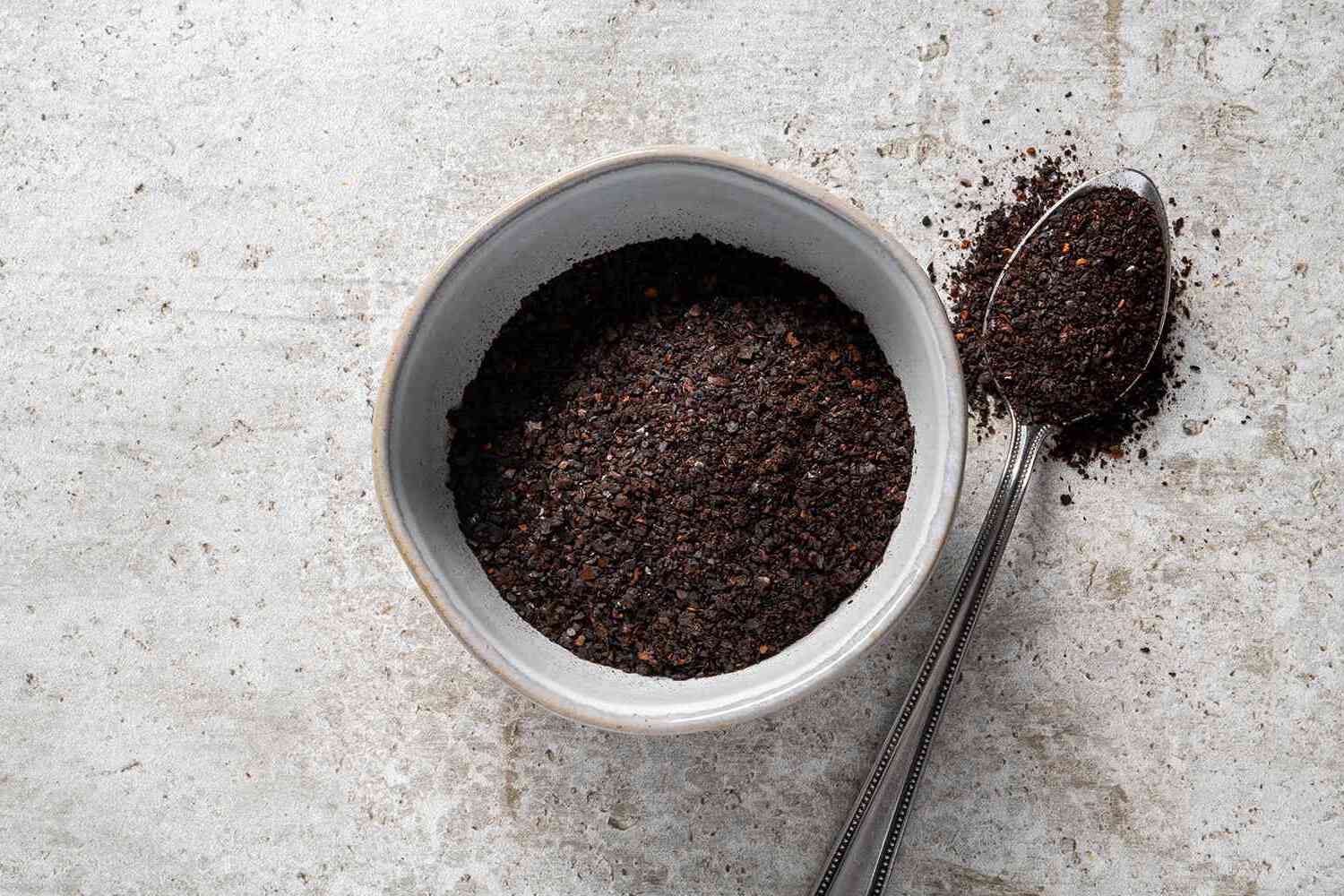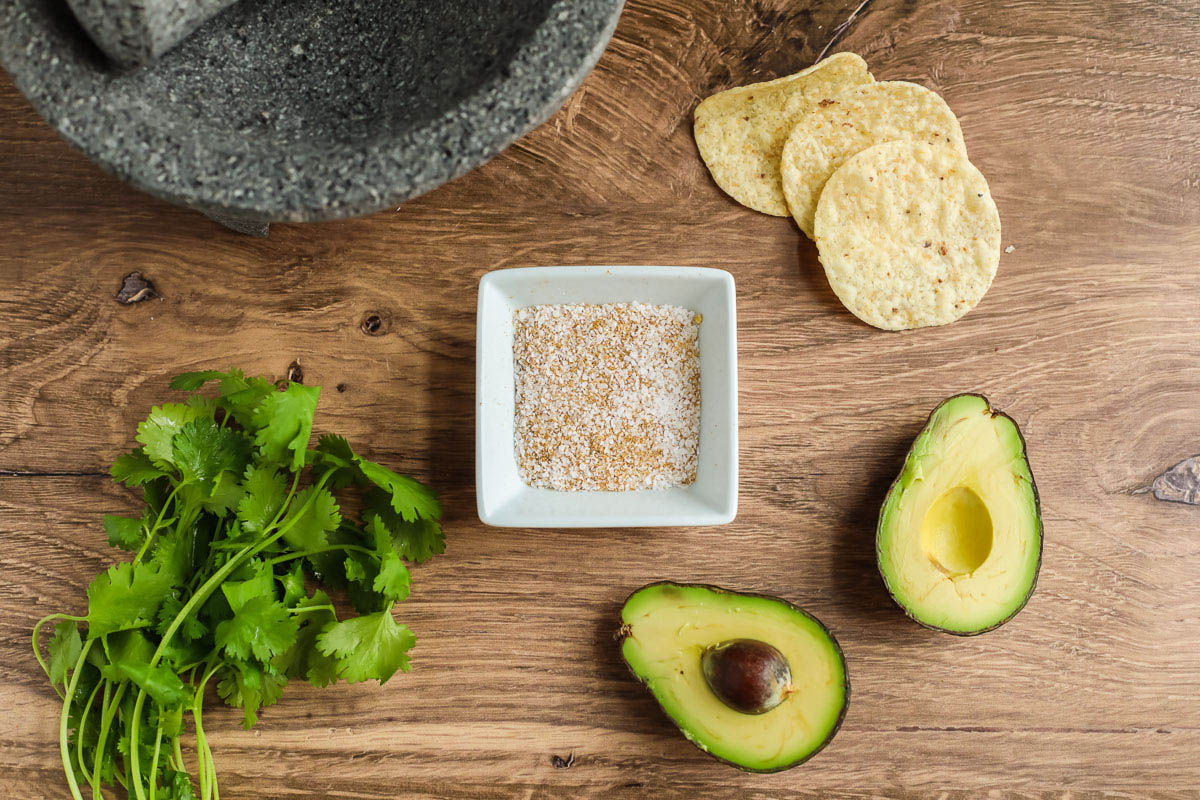Discovering the Wonders of Celery
When it comes to vegetables, celery often takes a backseat to more popular choices like carrots and cucumbers. However, this humble green stalk is packed with nutrients and offers a range of health benefits. Let’s take a closer look at what makes celery so special.
What is Celery?
Celery, scientifically known as Apium graveolens, is a crunchy, green vegetable that belongs to the Apiaceae family. It is characterized by its long, fibrous stalks and a distinctive, slightly bitter flavor. Celery is commonly used in salads, soups, and various other dishes, adding a refreshing crunch and a hint of earthy taste.
Nutritional Benefits of Celery
Despite its low calorie content, celery is rich in essential nutrients, making it a valuable addition to a balanced diet. Some of the key nutrients found in celery include:
- Vitamins: Celery is a good source of vitamin K, vitamin C, and vitamin A, all of which play crucial roles in maintaining overall health.
- Minerals: It contains minerals such as potassium, folate, and manganese, which are important for supporting various bodily functions.
- Dietary Fiber: Celery is high in dietary fiber, which aids in digestion and helps promote a feeling of fullness.
Health Benefits of Celery
Consuming celery regularly can offer several health benefits, including:
- Hydration: With its high water content, celery can contribute to overall hydration, keeping the body functioning optimally.
- Antioxidant Properties: Celery contains antioxidants such as flavonoids and vitamin C, which help combat oxidative stress and reduce inflammation in the body.
- Heart Health: The fiber and phthalides in celery have been linked to improved cardiovascular health by helping to lower cholesterol levels and regulate blood pressure.
- Weight Management: Due to its low calorie and high fiber content, celery can be a valuable addition to a weight loss or weight maintenance plan.
Ways to Enjoy Celery
There are numerous ways to incorporate celery into your diet, such as:
- Slice celery and enjoy it with hummus or peanut butter as a healthy snack.
- Add chopped celery to salads, stir-fries, and soups for an extra crunch and flavor.
- Include celery in homemade juices and smoothies for a refreshing and nutritious boost.
In Conclusion
Celery may often be overlooked, but its nutritional value and health benefits make it a vegetable worth including in your regular diet. Whether you enjoy it raw, cooked, or blended into a drink, celery can contribute to your overall well-being in various ways. So, the next time you’re at the grocery store, consider picking up a bunch of celery and exploring the many delicious ways to incorporate it into your meals.
Was this page helpful?
Read Next: What Is The World’s Spiciest Chocolate?











